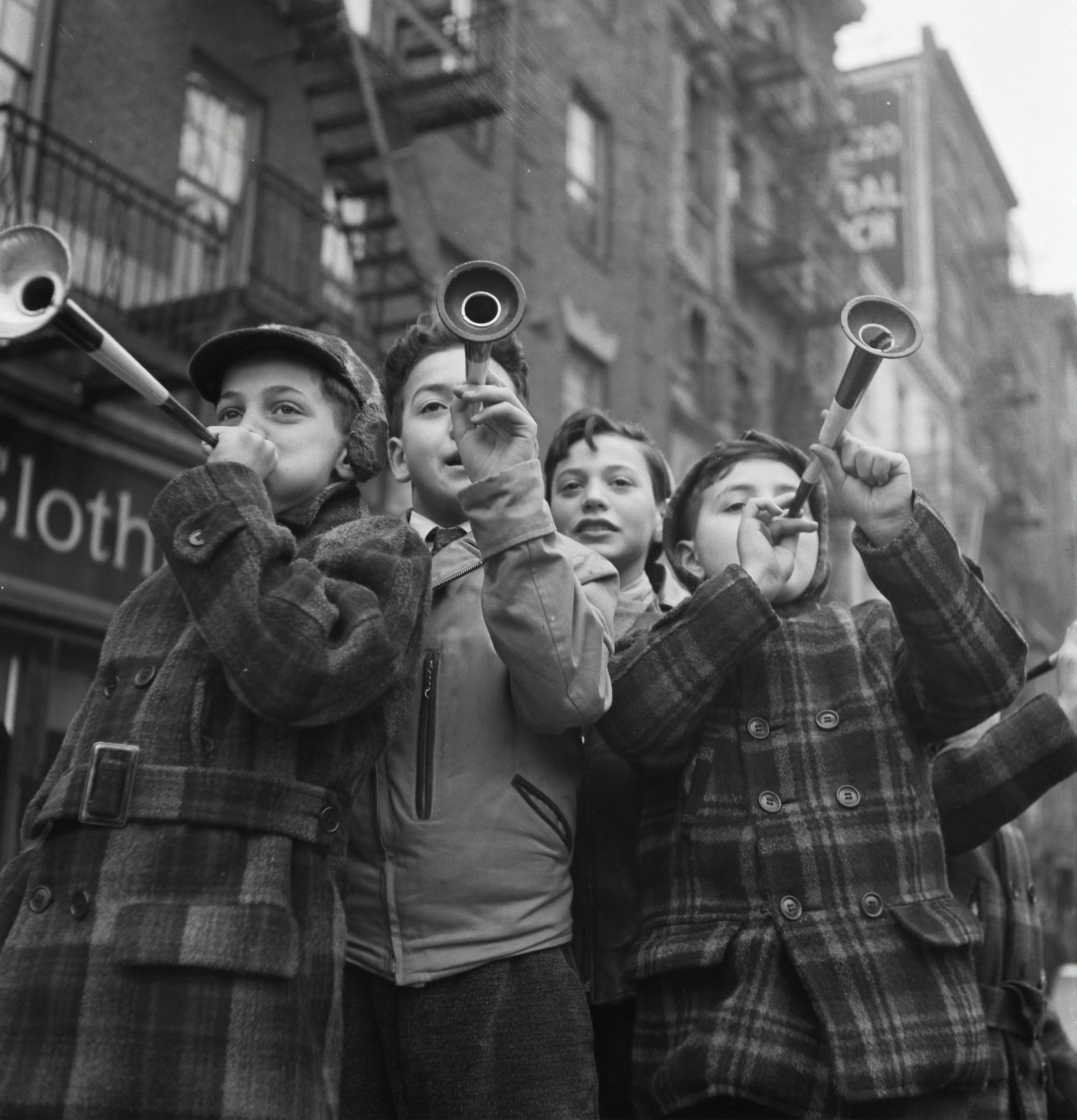It’s a story of someone’s life told with words, photos, and videos; honoring who they were and sharing their life story beautifully through email, text, social media and our trusted news partners for years to come. By creating an Epilogg, a family member or friend can quickly give notice of death, share memorial event details as they become available and eventually add rich life details too. Visitors can also share stories, make donations, send flowers and more.
A traditional obituary is typically just a newspaper death notice placed with a relatively small handful of facts about descendants and/or memorial event details. The average obituary in the U.S. costs $750 for one day in print. With an Epilogg, an author can create and post a death notice right away for free, post memorial details as soon as they’re ready and then share a rich life story with images through link or social media, as well as appear on our news partners’ platforms.
Of course. We understand some users may want a print obituary in addition to a high quality digital Epilogg available 24/7.
It’s free to create, post and share an Epilogg. And there’s no annual fee to keep the page up. We have certain paid services available through the site that help us grow the business and our community (for example, flower delivery). And we may offer certain premium services to make Epiloggs even more special for you and your loved ones. You will always have the opportunity to choose what’s right for you.
Yes. Most Epiloggs, like most obituaries, are created by the deceased’s loved ones. You create an account and as the author, build the Epilogg for your loved one. Of course, you can also work together with a loved one to help them build their Epilogg for future publishing.
No. When an author (page manager) first creates an Epilogg, it’s a “draft” (unpublished). When the author decides it’s ready, they can make it a public page by changing status to “Published,” and the page will then be fully searchable. Or authors can publish the page but with a non-public URL (for example, if the author wants to share it privately with family members first for comment). Most finished Epiloggs are public. Users want to find and share the story of a person they love, as well as details about upcoming events.
Each Epilogg has a unique URL that can be shared through email, text message or social media post. Epiloggs can also be shared through a connected Facebook account.
No. To make it easy for visitors to find the person they are looking for, only one Epilogg may be posted for someone who has died. When an author creates an Epilogg for someone already deceased, we compare the name against our existing records and would advise the author that there is already an Epilogg for the person. However, visitors can add their own stories and photos to the primary Epilogg. If you find a duplicate Epilogg, let us know at [email protected] and we will correct.
Only one person can be the author or manager of an account, however you can include names of “contributors” to the actual Epilogg text. Their names appear at the bottom of the story section.
Just come back to it when you’ve made a decision. The same is true for any information field.
This is any organization, school, work place/business or even a hometown that was special and important to your loved one. Our Epilogg authors will be adding these groups to their pages and then visitors can choose to follow the affiliate groups too. As the Epilogg community continues to grow, visitors will be notified when an Epilogg has been published or updated for someone in any one of their affiliate groups.
Yes. The author (page manager) can delete any comments or photos. If you see an abusive or inappropriate comment or photo, you can report it right on your Epilogg too.
Visitors to any Epilogg have the opportunity to share stories and photos of the deceased if the author allows open commenting in the Guestbook section. You will also have the option to send your comments privately to the family.
For one, we require certain identifying information from the Epilogg author that will deter fraudulent account creation. If they decline to provide, we will need funeral home verification of a death prior to Epilogg publication. If someone tries to create a duplicate Epilogg, our software will identify a potential match with an existing record, and we will resolve with the user. Our system also screens Epilogg text for language that violates our Community Guidelines prior to publication. Lastly, we provide a button for Epilogg visitors to flag the Epilogg for review (for false, duplicate or abusive pages).
Send us your resume and tell us more about yourself and why you’d like to join our team!
CAREERS PAGEYou can contact us on our contact page.
Contact PageSecurity is a priority for us. Read our privacy policy.



